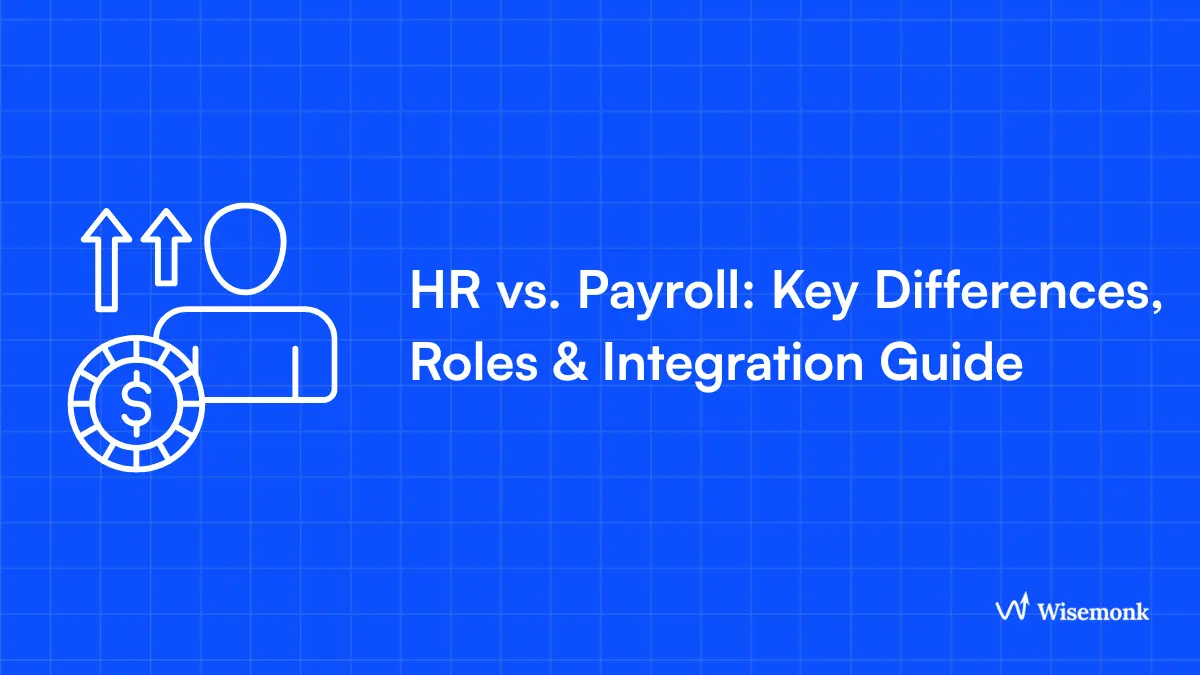- Effective compensation management is key to attracting, retaining, and motivating top talent while ensuring fairness and compliance with market trends.
- Poor compensation practices can lead to risks like employee dissatisfaction, talent loss, and legal issues.
- Both direct (salary, bonuses) and indirect (benefits, career development) compensation are vital for employee satisfaction and retention.
- Aligning compensation with business goals, market trends, and performance ensures competitiveness and motivates high performance.
- Regular market surveys and employee feedback are essential for adjusting compensation strategies and maintaining financial sustainability.
Have you ever wondered what happens when your compensation structure lacks clarity or consistency? Poor compensation management can lead to compliance risks, employee dissatisfaction, talent loss, and legal issues.
Compensation management is the practice of developing, implementing, and overseeing a company’s pay structure, including salaries, benefits, bonuses, and other incentives.
Effective compensation management is crucial for attracting and retaining top talent, yet many organizations overlook its strategic importance. A well-structured compensation system not only ensures fairness and compliance with local labor laws but also aligns with your organization’s goals.
In this guide, we’ll explore the essentials of compensation management, highlighting best practices, key components, and its vital role in employee performance and overall organizational success.
What is Compensation Management?
Compensation management is the process of designing and overseeing a company’s reward system, including salaries, bonuses, benefits, and perks. It aims to attract, retain, and motivate employees by offering competitive and fair compensation. HR professionals manage this process, ensuring pay structures remain aligned with market trends and employee needs. Effective compensation management plays a key role in talent retention and performance.
Why Use a Compensation Management System?

Managing employee pay manually using spreadsheets can be inefficient and pose security risks. A compensation management system simplifies this process, providing employers with better control and more efficient decision-making. Here are the key benefits:
- Accuracy and Easy Access: Provides easy access to accurate compensation data, including historical information and budget guidelines.
- Cost Control: Helps employers better manage costs and hold managers accountable for pay-related decisions.
- Decision Support: Offers dynamic tools to support difficult pay decisions, along with flexible approval processes.
- Faster Planning Cycles: Reduces compensation planning time and minimizes HR intervention.
Who Uses it?
Compensation management systems are used by businesses of all sizes – from small startups to large multinational corporations. Regardless of the organization's size or scope, ensuring timely and budget-compliant compensation plans is crucial.
Components of Compensation Management
Compensation management consists of two primary types: direct and indirect compensation. Direct compensation includes monetary earnings, while indirect compensation covers non-monetary benefits that add value to an employee’s overall compensation package.
Direct compensation
Direct compensation refers to the financial rewards directly tied to an employee's work, contribution, and performance within the organization. It includes both fixed and variable components, providing employees with a clear link between their efforts and their earnings.
- Base Salary: This is the fixed, regular compensation paid annually or monthly, reflecting an employee’s skills and experience while providing financial stability.
- Variable Pay: This includes performance-based pay such as bonuses, incentives, and profit-sharing. It links individual or team achievements with financial rewards, motivating employees to strive for excellence and aligning their efforts with the organization's goals.
- Bonuses: Additional pay awarded for achieving specific goals, performance targets, or milestones. Bonuses can be given annually, quarterly, or as spot awards for exceptional contributions.
- Commission: Typically seen in sales roles, commission is earnings based on performance, often tied to achieving sales targets or generating specific revenue. It can be offered as a straight commission or as part of a salary-plus-commission structure, incentivizing sales professionals to perform at their best.
Indirect Compensation
Indirect compensation encompasses non-monetary benefits that add value to an employee's overall compensation package. These benefits enhance job satisfaction and employee well-being, helping organizations attract and retain top talent.
- Benefits: Non-cash compensation like health insurance, retirement plans, paid time off, and wellness programs. These benefits provide employees with financial security and well-being, making them an essential part of a competitive compensation package.
- Recognition and Rewards: Recognition goes beyond financial compensation and includes acknowledging employees' exceptional performance or long-term service. Whether through awards, public acknowledgment, or personalized tokens of appreciation, recognition fosters a positive work environment and boosts employee morale.
- Career Development Opportunities: Offering opportunities for training, skill development, and career advancement demonstrates the organization’s investment in its employees' long-term success. This non-monetary compensation shows that the company values personal growth and professional development, aligning individual aspirations with organizational goals.
- Work-Life Balance Perks: Flexible working hours, remote work options, and paid time off are all important components of indirect compensation. These perks enable employees to maintain a healthy balance between their personal and professional lives, contributing to long-term job satisfaction and retention.
- Employee Well-being Programs: Many companies offer well-being initiatives, including gym memberships, mental health support, and stress management programs. These non-financial benefits promote a healthier, happier workforce and improve overall productivity.
By combining both direct and indirect compensation elements, companies can create comprehensive, attractive, and competitive compensation packages that meet the diverse needs of their employees.
Let's understand more about its importance.
Importance of Compensation Management
Compensation management plays a vital role in shaping an organization's overall success by aligning its reward systems with business objectives. Several factors highlight its importance:
- Attract and Retain Talent: A competitive compensation package is key to attracting top talent and ensuring retention. Crafting enticing packages that go beyond industry norms helps companies stand out in a competitive job market, securing long-term relationships with skilled professionals.
- Motivate Employees: Well-structured compensation systems can act as powerful motivators, linking performance with tangible rewards. This drives high productivity and fosters a culture of excellence, where employees are motivated to perform at their best.
- Fair and Equitable Treatment: Transparency and fairness in pay structures are essential for maintaining employee satisfaction and trust. A clear compensation framework reduces dissatisfaction and builds a sense of loyalty among the workforce.
- Cost Control: Balancing competitive pay with financial prudence is crucial. Effective compensation management involves understanding market trends and aligning compensation with organizational goals, ensuring both competitiveness and budget control.
Legal Compliance: Legal compliance entails adhering to local labor laws and pay equity regulations to safeguard the organization against risks and uphold its ethical standards.
Effective compensation management not only ensures legal compliance but also drives employee satisfaction, performance, and organizational success. Now, let's take a deeper look at the steps to implement the compensation management strategy.
Steps to Implement Compensation Management Strategy

Implementing a compensation management strategy is crucial for aligning employee rewards with company goals and ensuring fairness and competitiveness in the market. Below are the key steps involved in developing and executing an effective strategy:
- Define policies with a vision: Develop compensation policies that align with the company's broader mission and the specific roles being hired. These policies should reflect the organization's vision for growth and employee satisfaction.
- Seek broad input: Gather feedback from various stakeholders, including employees, managers, and external sources, to shape a comprehensive and competitive compensation plan. Consider benchmarking against other organizations for insights.
- Ensure compliance: Ensure the compensation strategy adheres to local, state, and federal laws regarding wages, benefits, and employee rights. Compliance with regulations is a critical aspect of any compensation management strategy.
- Finalize the plan: After gathering input and ensuring compliance, finalize the compensation plan, making sure all components are aligned with company objectives and employee expectations.
- Communicate the plan: Clearly explain the compensation strategy to all employees and stakeholders. Transparency about the plan helps foster trust and ensure that everyone understands the structure.
- Reassess and improve: Continuously evaluate the effectiveness of the compensation strategy by gathering feedback and making adjustments as needed. Regular reassessment ensures the plan remains relevant and competitive.
By following these steps, organizations can create a robust compensation management strategy that aligns with both business goals and employee needs.
Now, let’s explore how to determine the right compensation for your team to ensure it’s competitive and sustainable.
How to Determine the Right Compensation for Your Team?
Determining the right compensation for your team involves considering a variety of internal and external factors to ensure fairness and competitiveness. The following key aspects play a significant role in shaping compensation decisions:
- Market Conditions: Conduct regular market surveys to understand industry standards and regional compensation trends. This ensures your compensation package remains competitive within your sector.
- Job Evaluation: Assess the value of each position based on its responsibilities, required skills, and level of expertise. This helps in establishing a fair and balanced compensation structure.
- Employee Performance: Recognize and reward high-performing employees with higher compensation to acknowledge their contributions and motivate continued excellence.
- Financial Health and Budget Considerations: Balance compensation with the organization’s financial health. Ensure that compensation decisions align with the company’s budget while remaining competitive.
By balancing these factors, you can create a compensation structure that motivates employees and helps retain top talent.
Now, let’s take a look at how to effectively implement these strategies into your organization’s compensation plan.
Best Practices to Ensure Effective Compensation Management

Ensuring effective compensation management requires a strategic approach that balances fairness, transparency, and competitiveness. HR leaders can implement the following best practices to create and maintain an effective compensation system:
- Conduct Regular Market Surveys: Continuously monitor industry compensation trends through comprehensive surveys. This helps organizations remain competitive by adjusting pay structures in line with emerging trends and salary benchmarks.
- Promote Transparency: Foster trust by clearly communicating how compensation is determined, including performance-based rewards and overall compensation philosophy. Transparent practices help employees feel valued and reduce concerns about fairness.
- Implement Performance Reviews: Link compensation to individual performance through regular reviews. This ensures employees are rewarded for their contributions and maintains a culture of merit-based recognition.
- Align with Budget and Financial Goals: Collaborate with the finance team to ensure compensation plans are aligned with the organization's budget and financial priorities. Balancing competitive pay with cost-effectiveness is key to maintaining sustainability.
- Gather Employee Feedback: Regularly solicit input from employees regarding their compensation and benefits through surveys or focus groups. This feedback helps HR leaders refine strategies and ensure employee satisfaction while promoting engagement.
By adopting these best practices, HR leaders can build a fair and effective compensation system that attracts, retains, and motivates talent.
Now, let's examine the tools and software that can make your HR management easier.
Streamline Your HR Management with Advanced Tools and Software
With the help of advanced tools and software, HR professionals can automate routine tasks, manage employee data more effectively, and make data-driven decisions. Below are some of the top HR tools that can help optimize your HR processes:
These tools offer various features to meet the needs of different organizations, helping to ensure your HR management is streamlined and effective.
Wrapping Up
In conclusion, implementing an effective HR management strategy requires the right tools, processes, and strategies to ensure efficiency, compliance, and employee satisfaction. By applying the recommended practices and software, businesses can improve their HR operations and increase efficiency. Simplifying HR management allows organizations to dedicate more resources to business growth and talent development.
A common challenge in HR management is balancing the complexity of operations with the need for efficiency. Wisemonk, an Employer pf Record (EOR) and Professional Employer Organization (PEO) service provider, simplifies HR management by integrating payroll, recruitment, compliance, and performance management into one seamless solution.
Check our pricing and Contact us today to start simplifying your HR management with Wisemonk!
Frequently asked questions
What is CTC in compensation management?
CTC (Cost to Company) refers to the total amount a company would spend on an employee annually, including salary, bonuses, benefits, and other perks.
What is the compensation process?
The compensation process involves determining employee salaries, bonuses, benefits, and other rewards through benchmarking, performance assessments, and aligning with company goals and budget.
What are the 3Ps of compensation management?
The 3Ps of compensation management are Pay, Performance, and Potential. These elements focus on salary structure, employee performance, and future growth within the company.
How can compensation management strategies help with global expansion?
Effective compensation management strategies ensure competitive pay and compliance with local regulations, helping companies attract talent, manage costs, and successfully expand into new global markets.
How can compensation management impact employee retention?
Proper compensation management boosts employee satisfaction and engagement, fostering loyalty. Competitive compensation and benefits packages play a vital role in retaining top talent.
How do HR tools improve compensation management?
HR tools streamline compensation management by automating salary calculations, tracking performance, ensuring compliance, and offering data-driven insights for creating competitive and equitable compensation structures.
What role does performance appraisal play in compensation management?
Performance appraisals help determine how employees’ contributions align with organizational goals, influencing salary adjustments, bonuses, and promotions. Linking performance reviews to compensation ensures fairness and motivates employees to achieve better results.
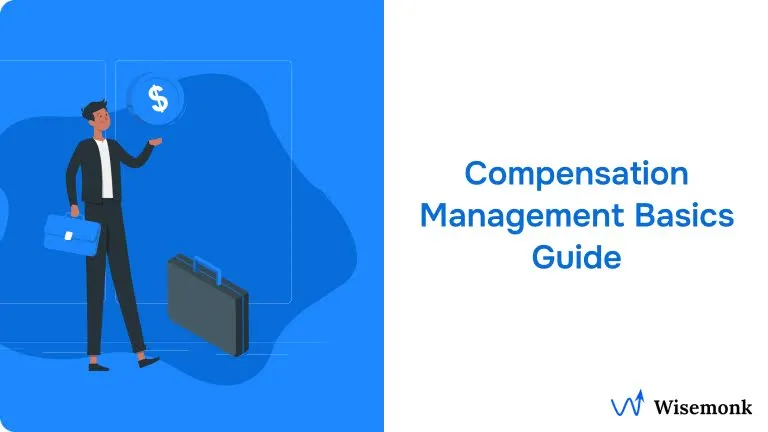


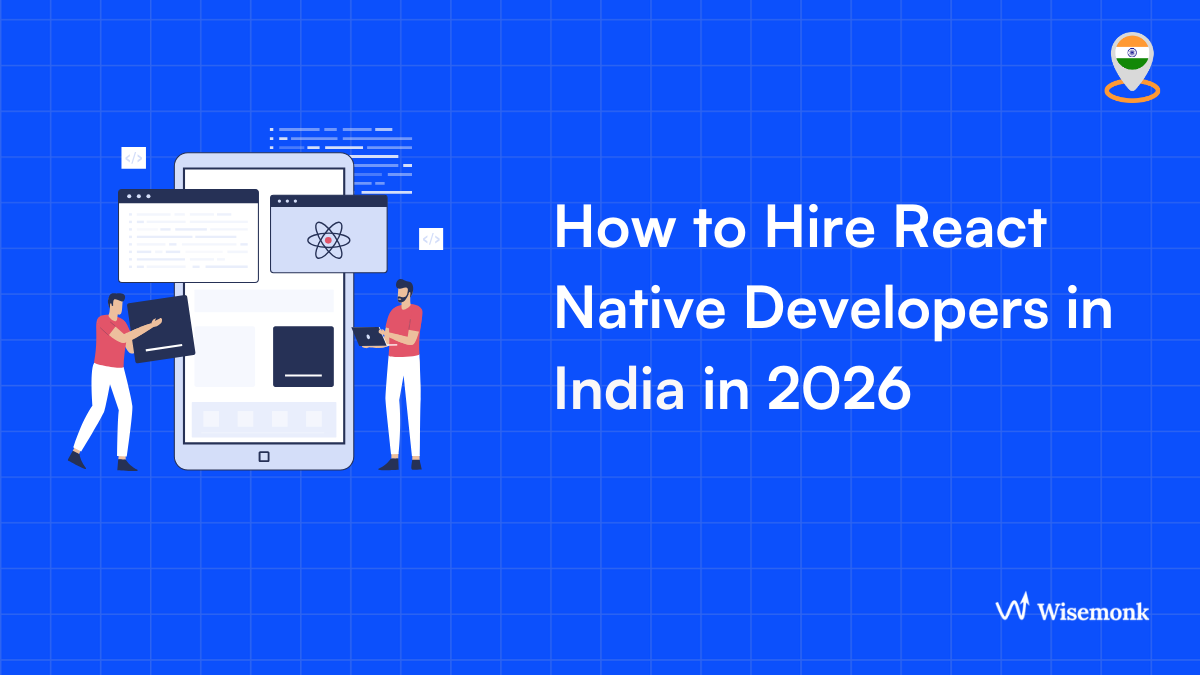

.webp)
.webp)

.webp)
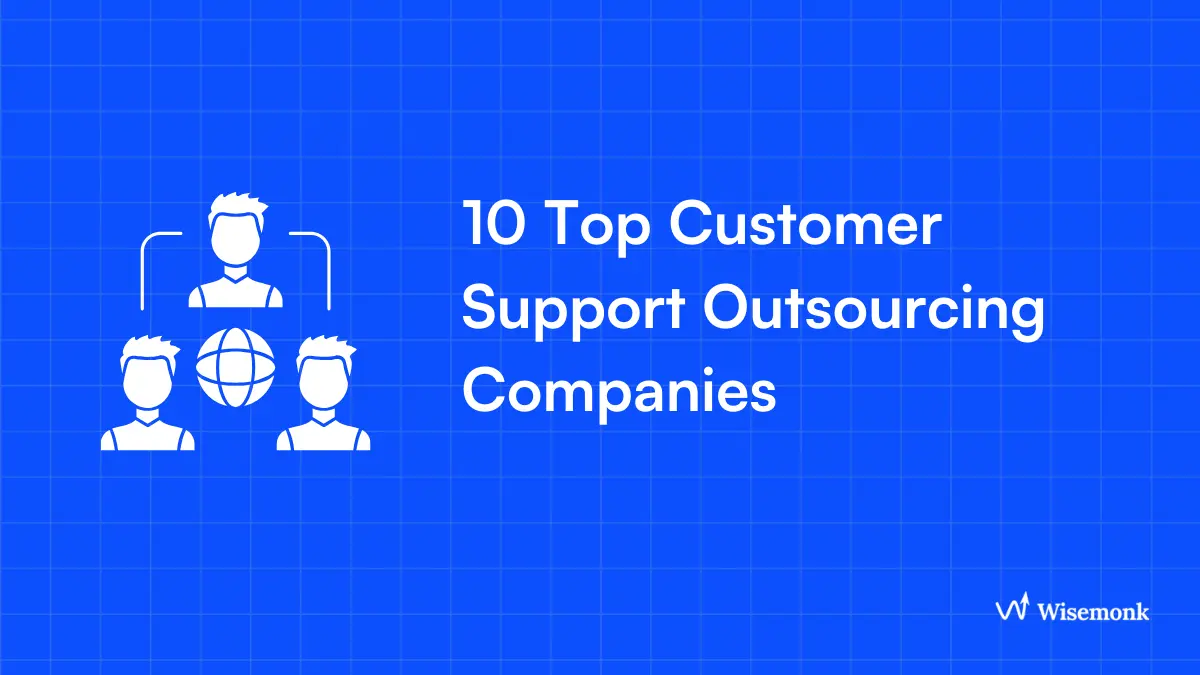
.webp)



.webp)
.webp)
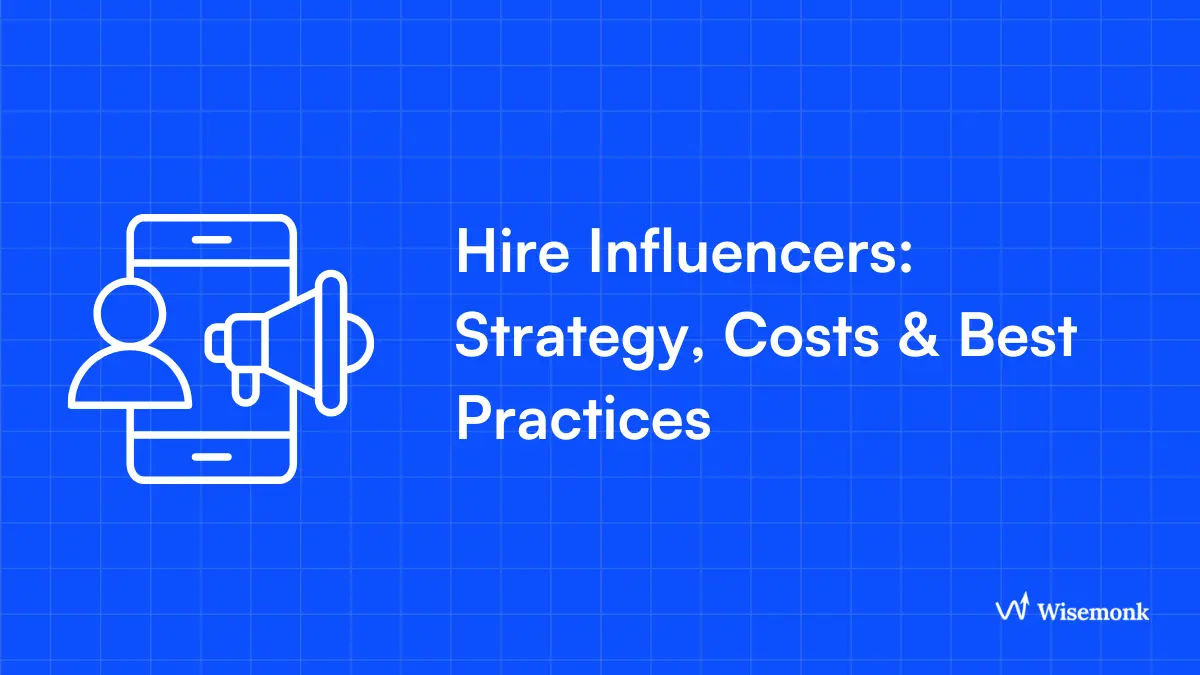
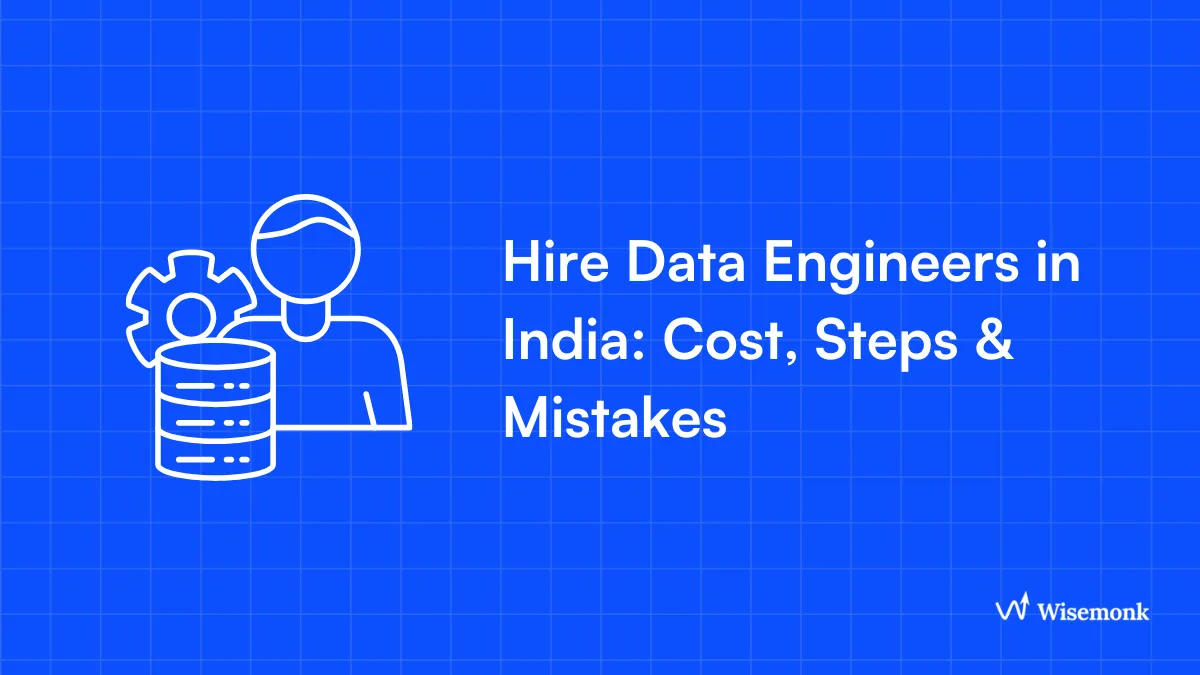

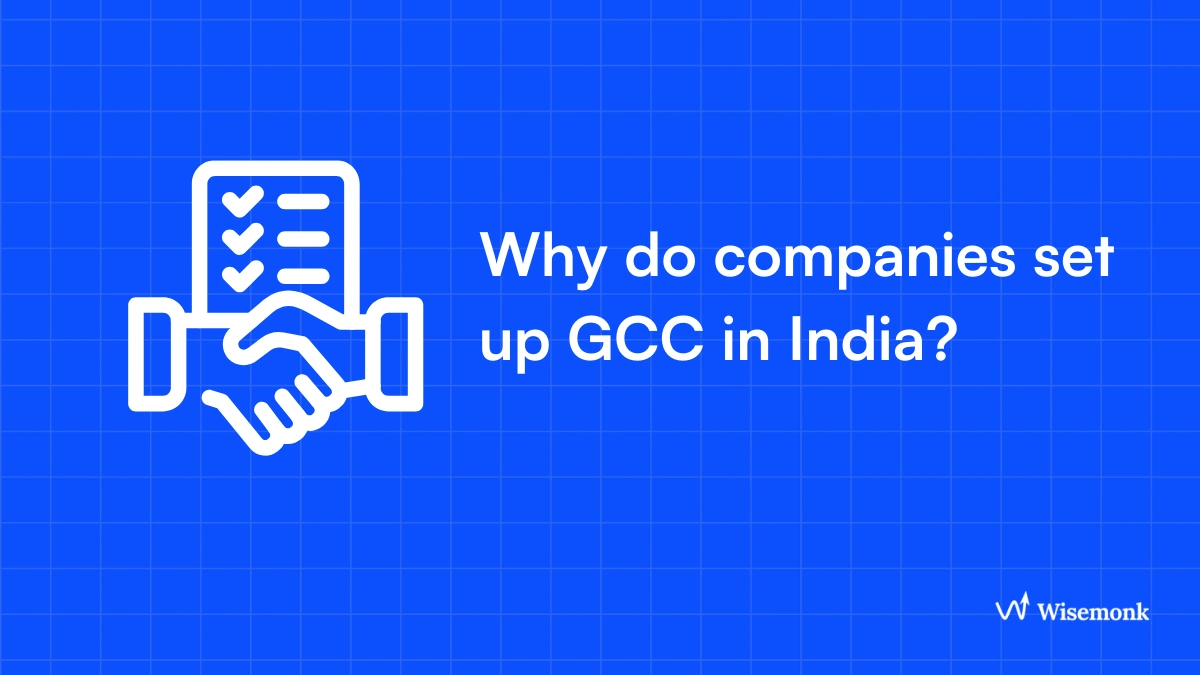

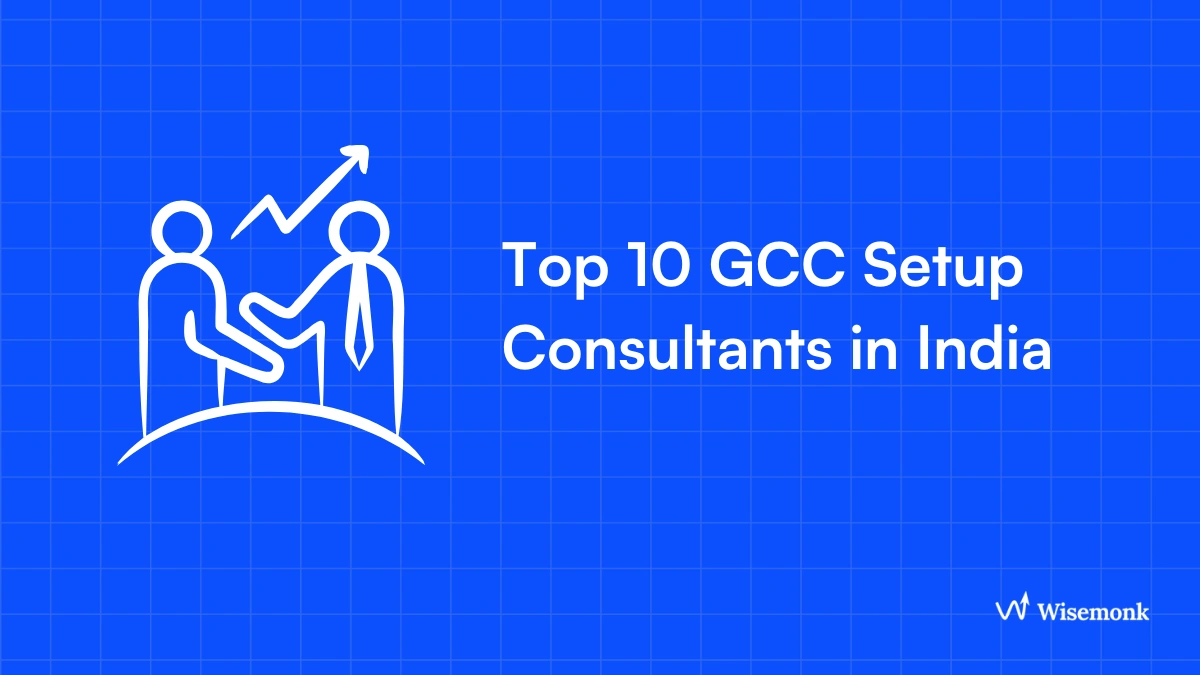
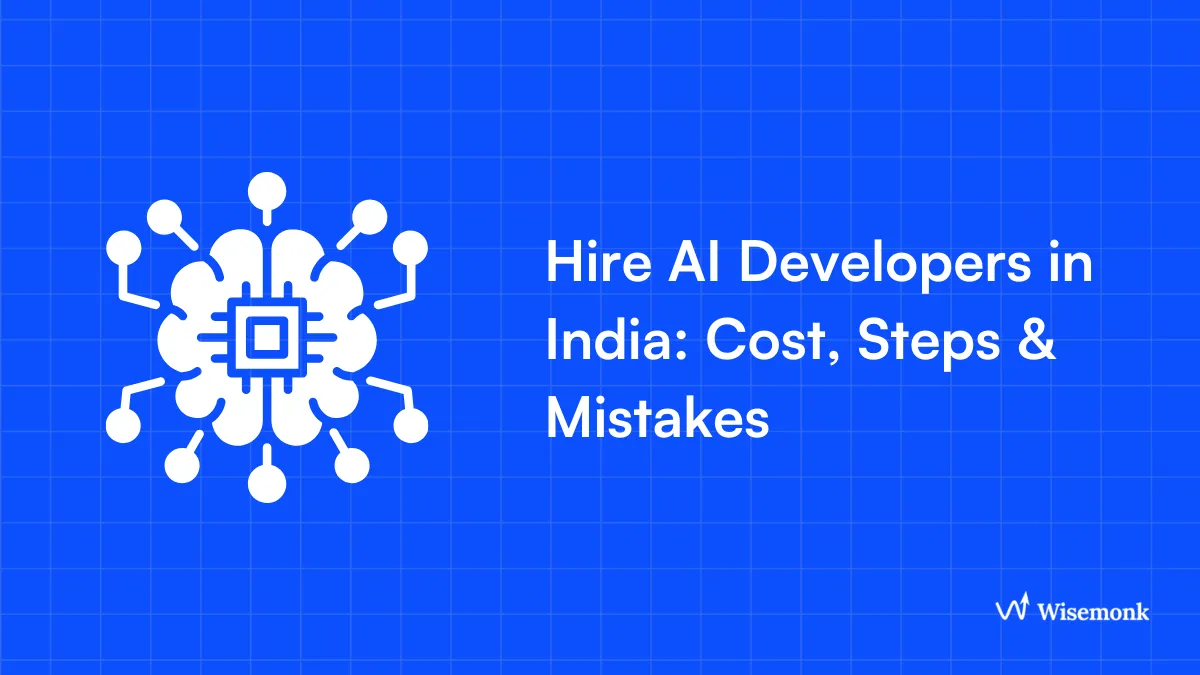
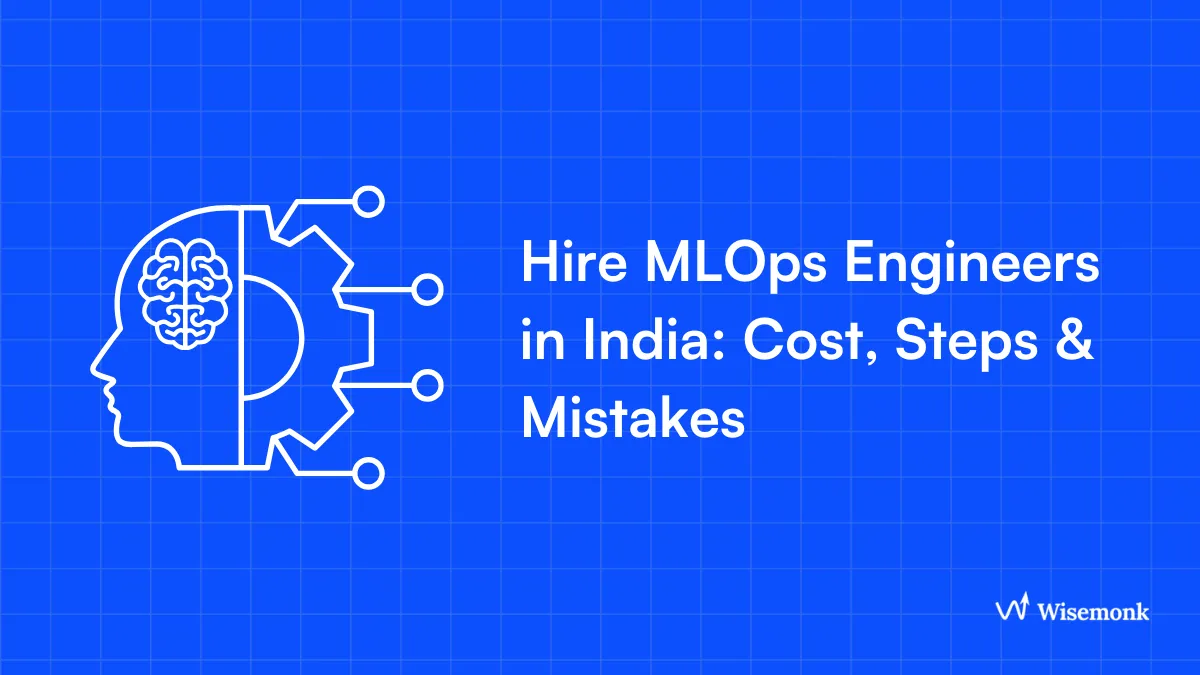
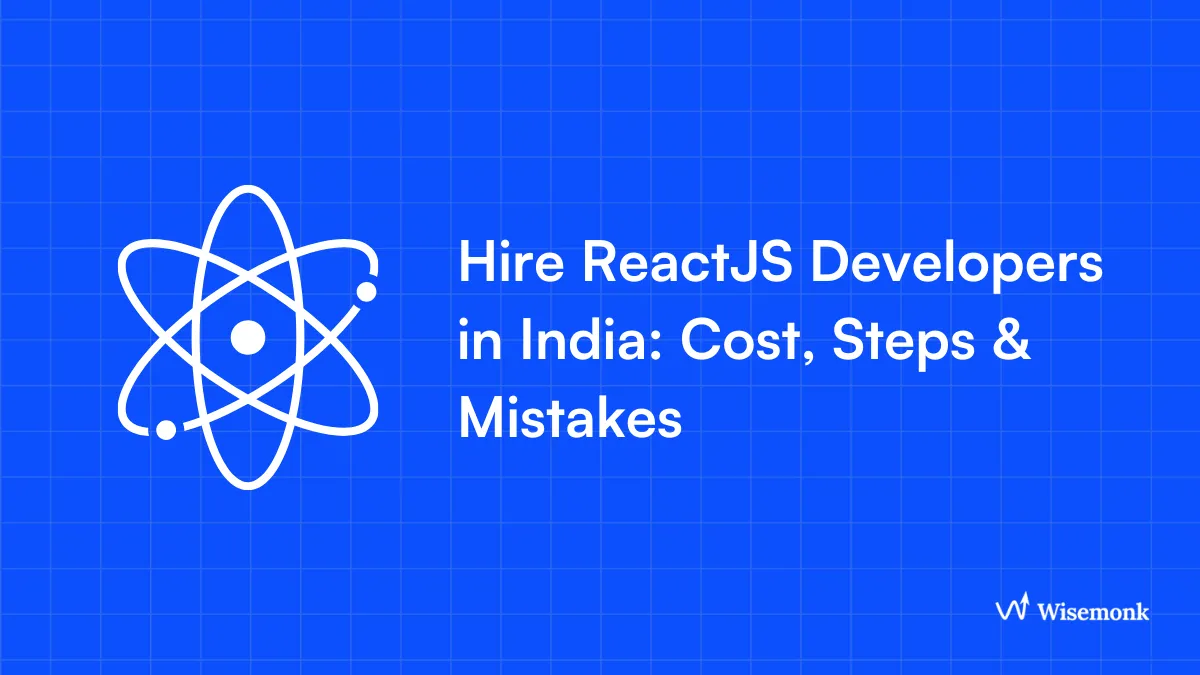
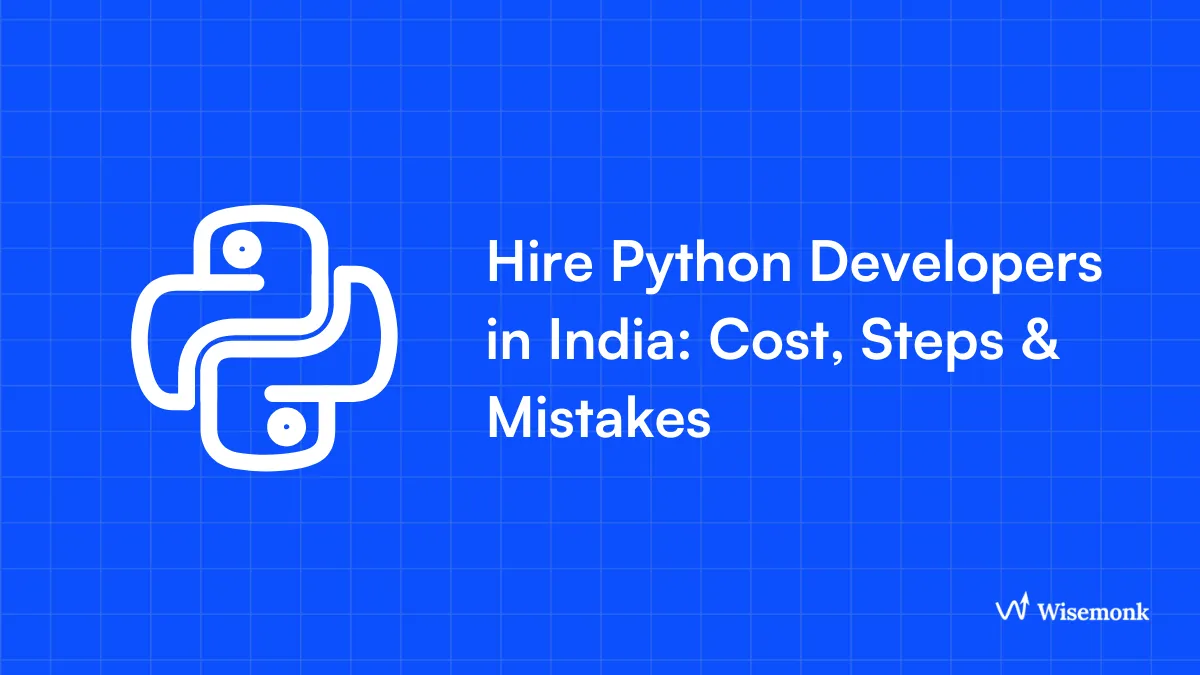


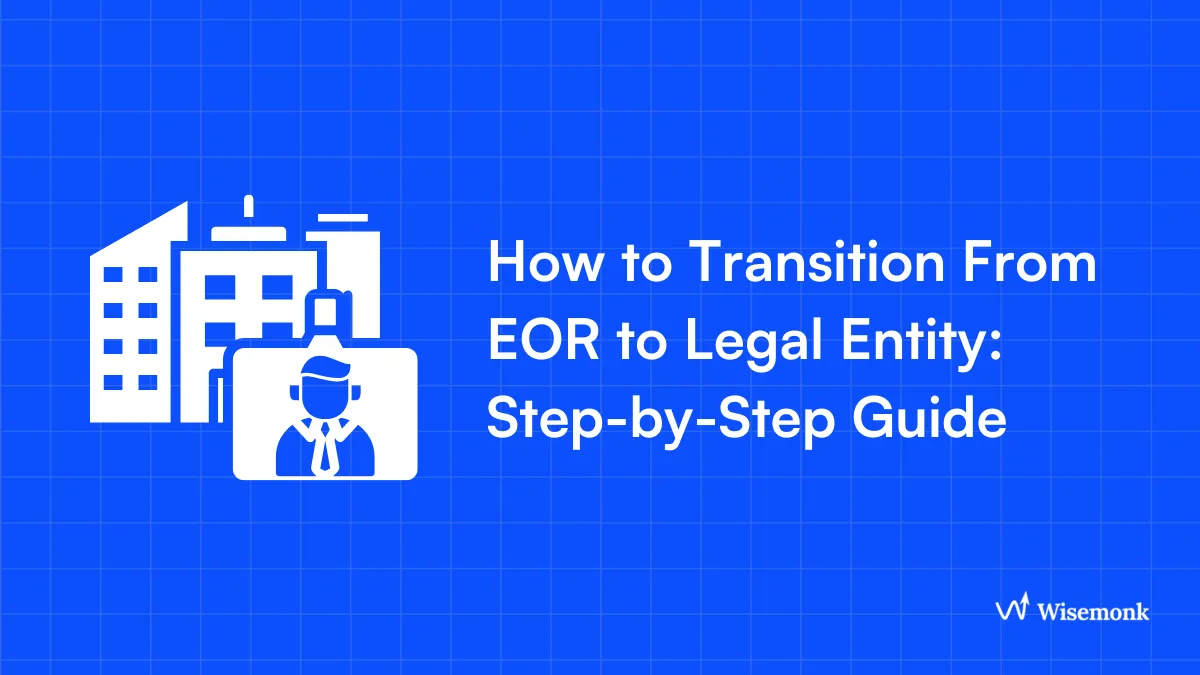

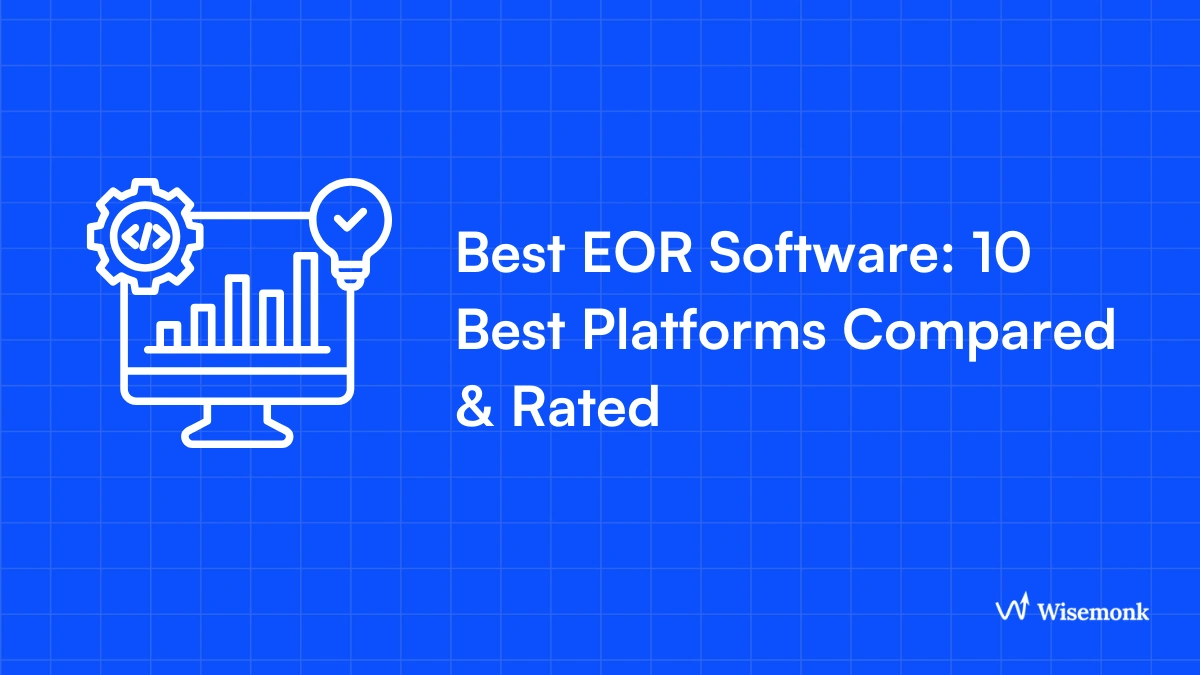
.webp)
.webp)
.webp)

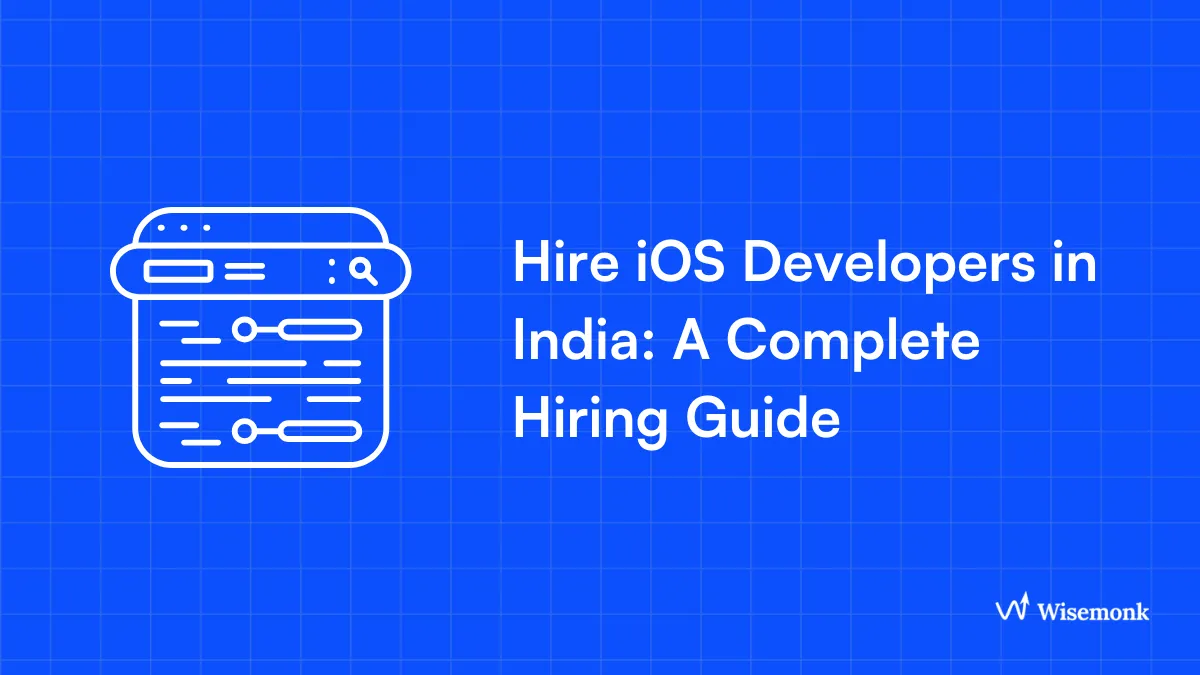



.webp)

.webp)



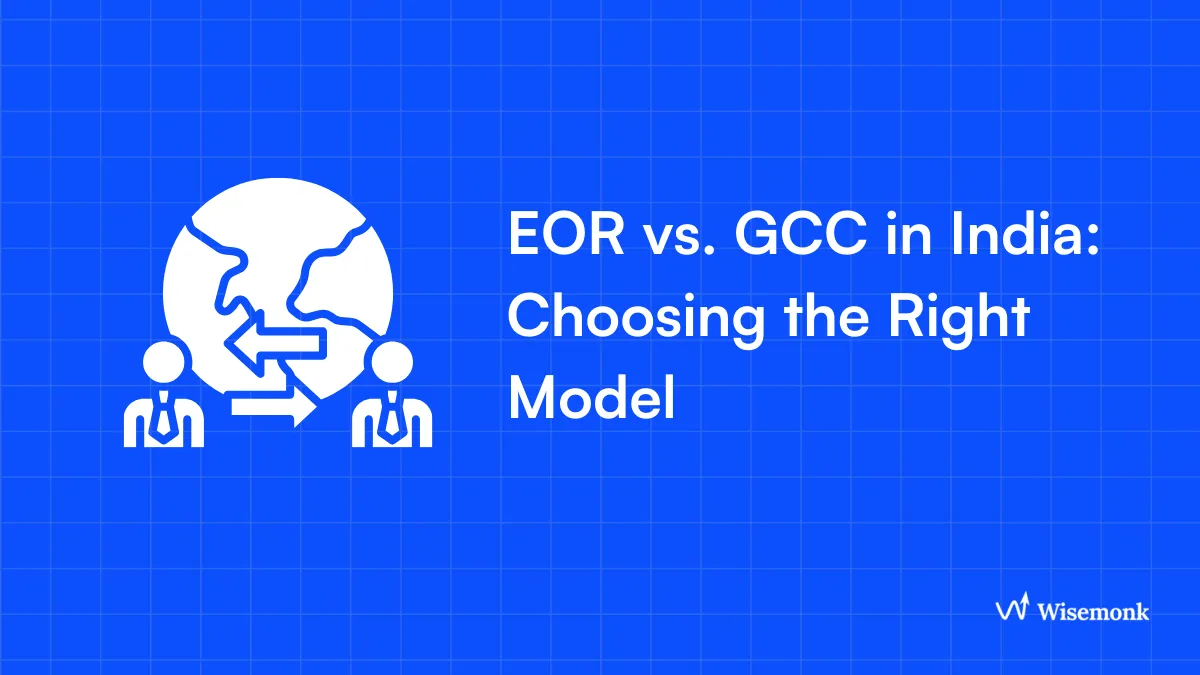

.webp)
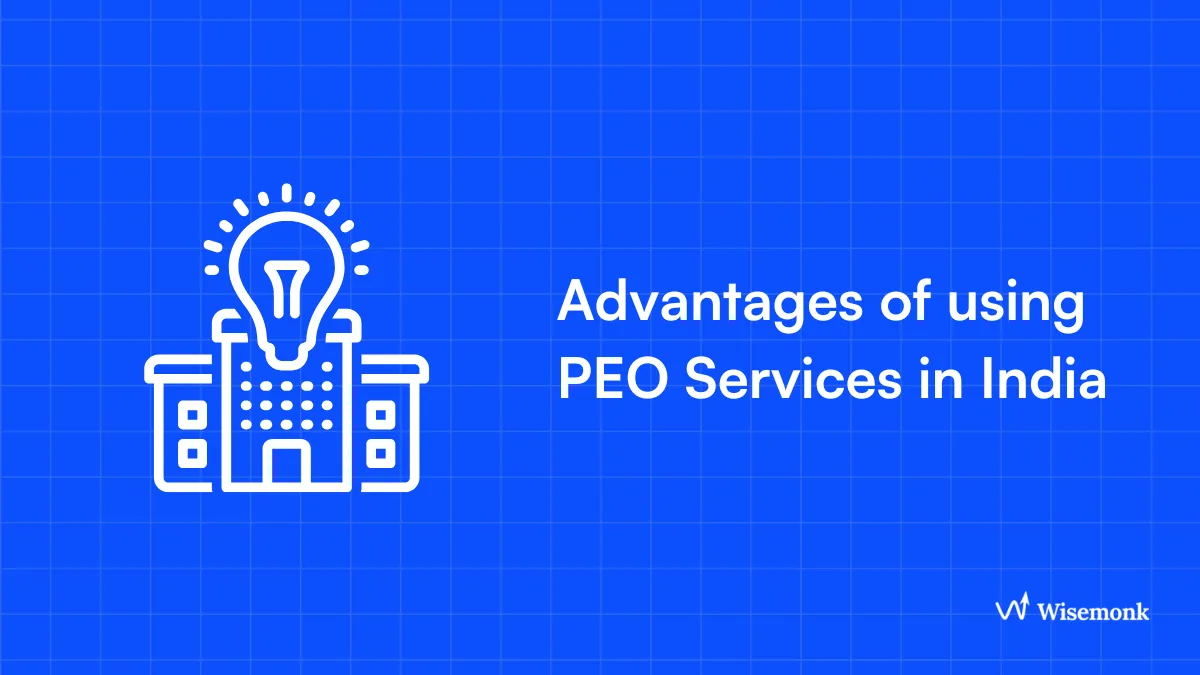




.webp)

%20in%20India.webp)
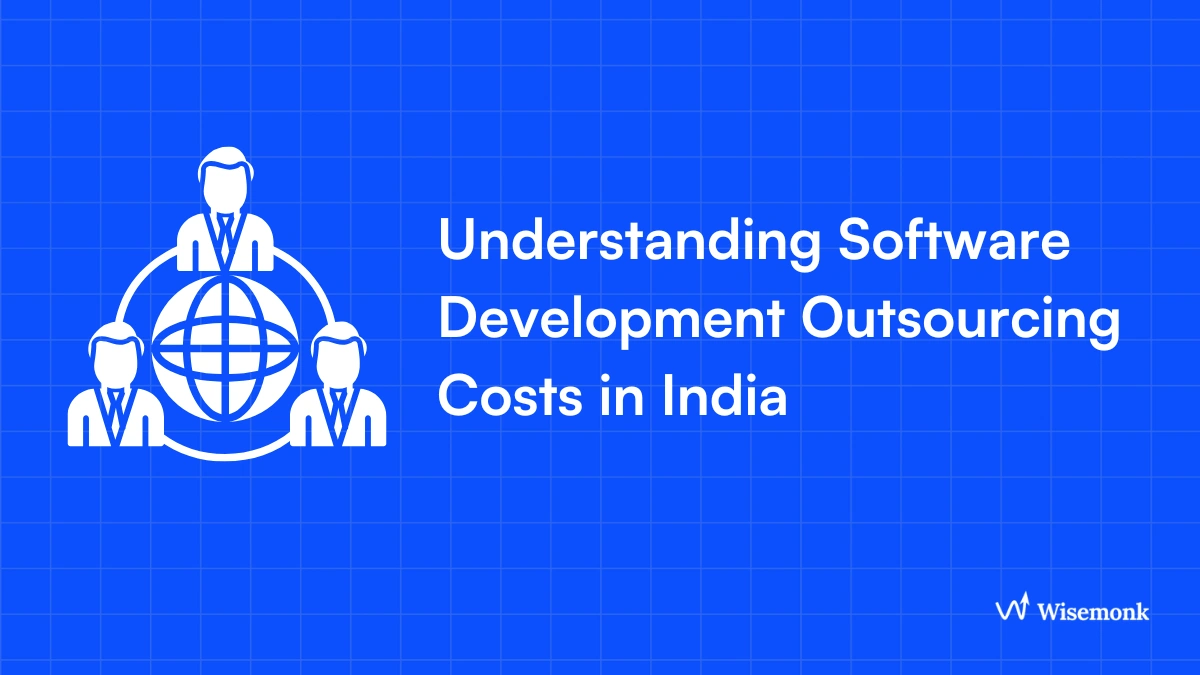

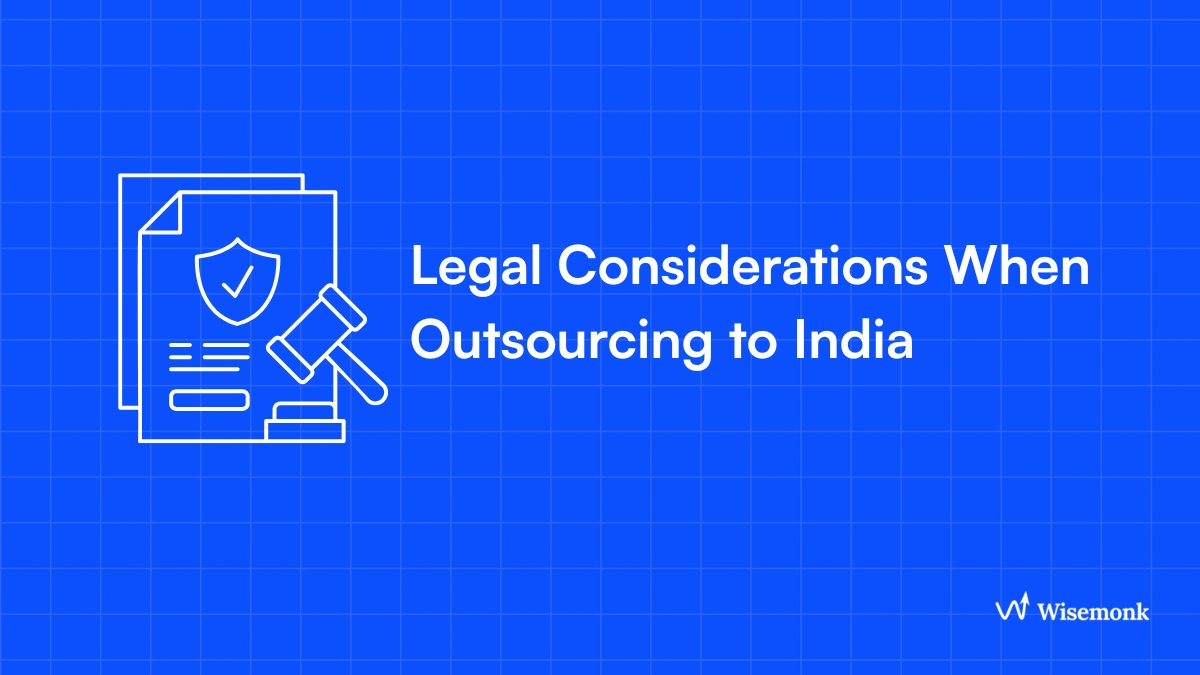
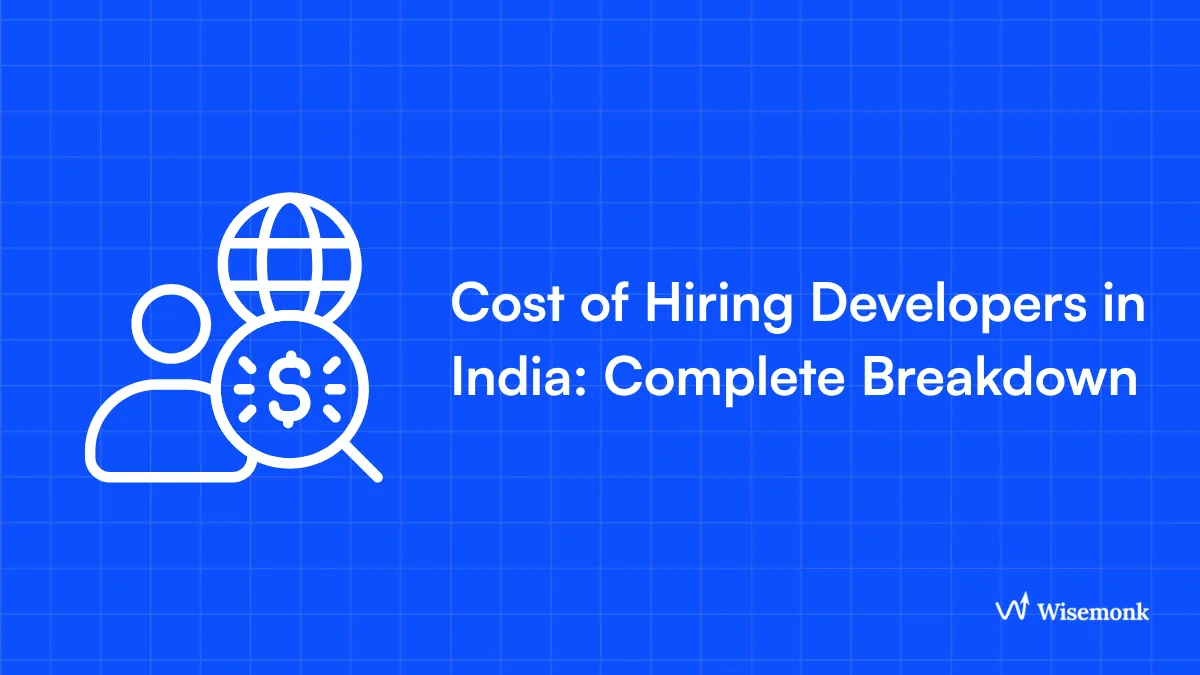

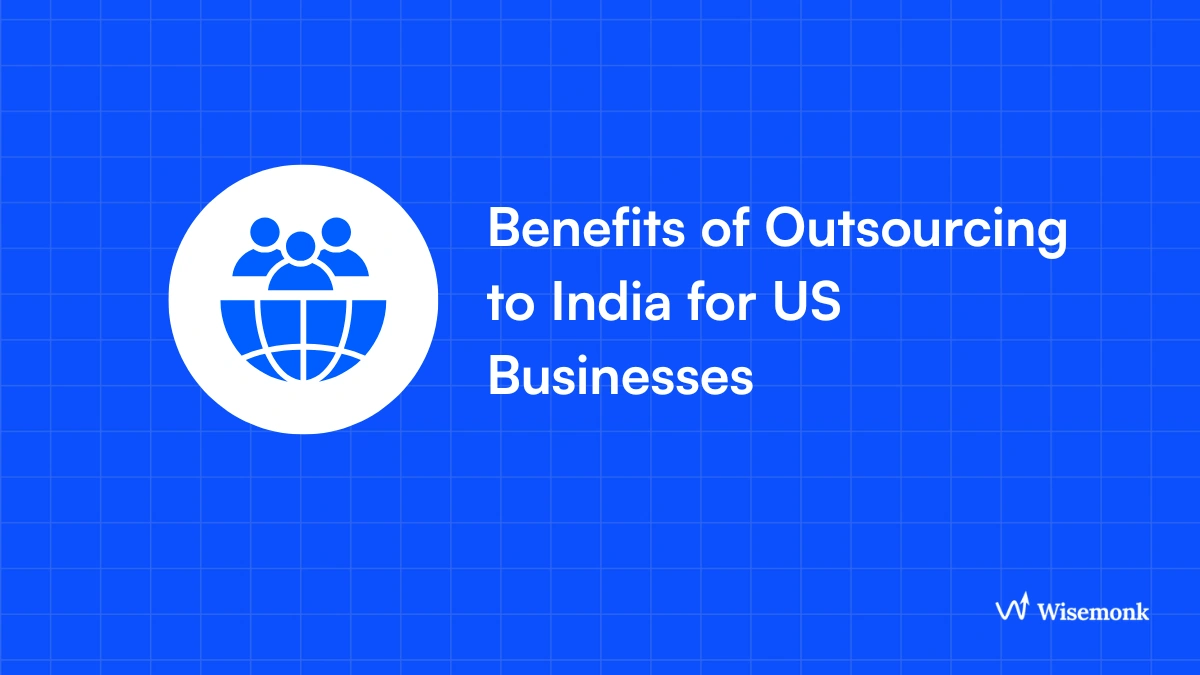

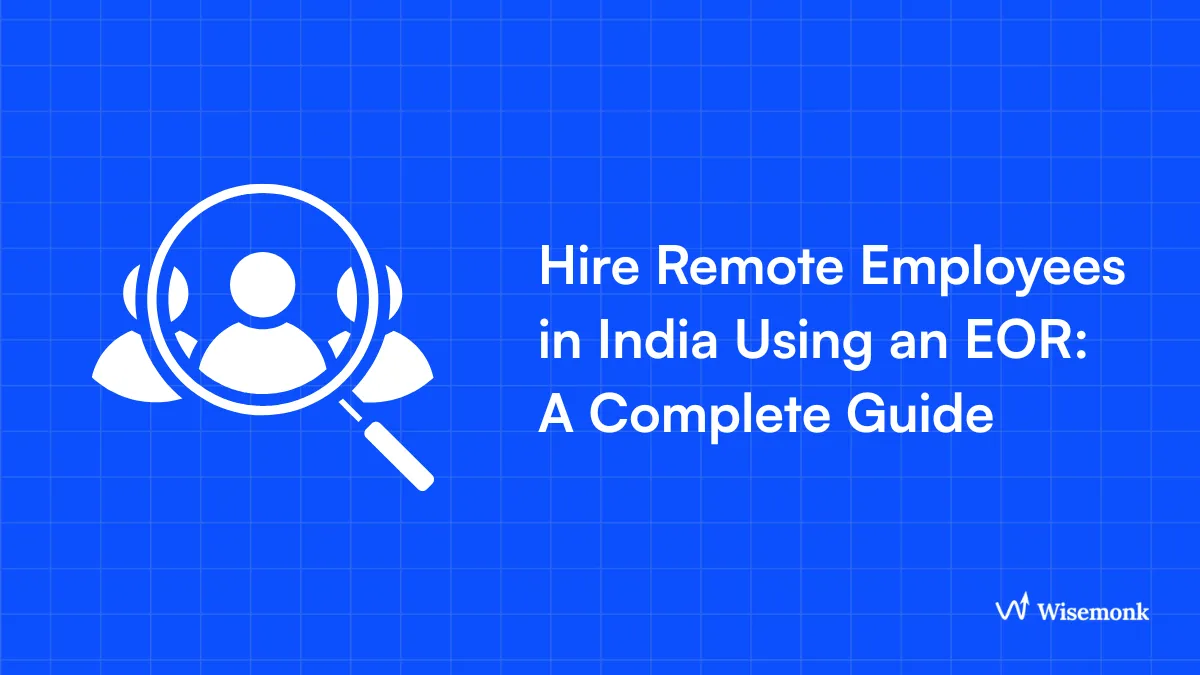



.webp)
.webp)
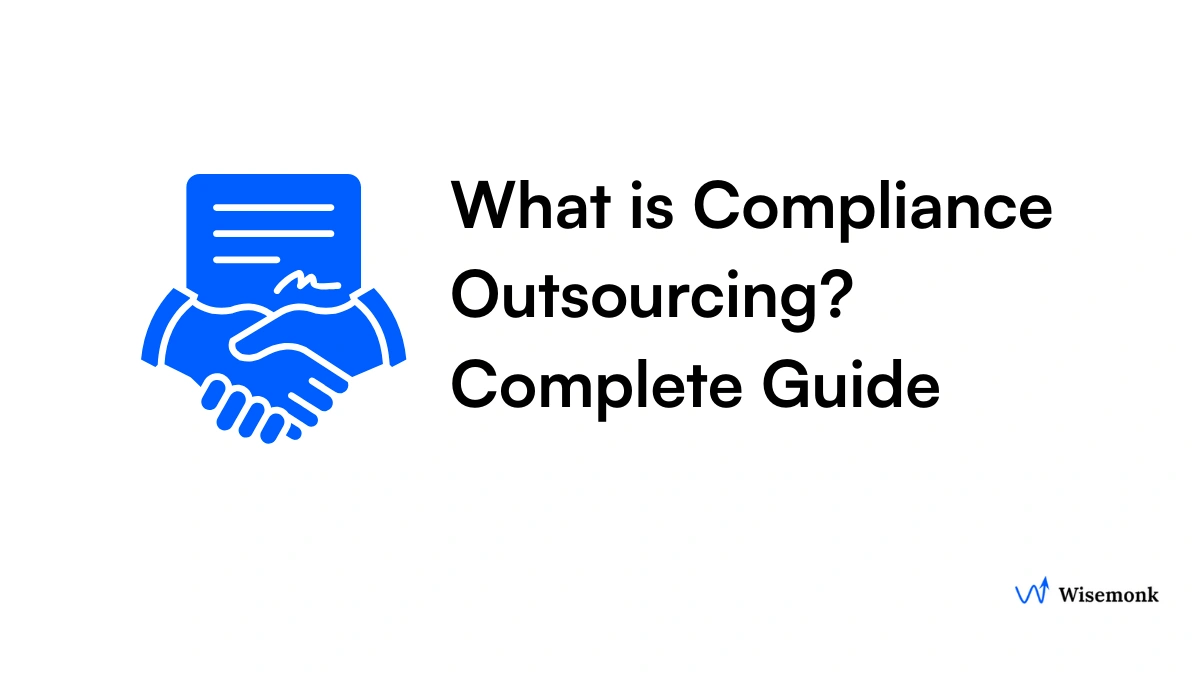


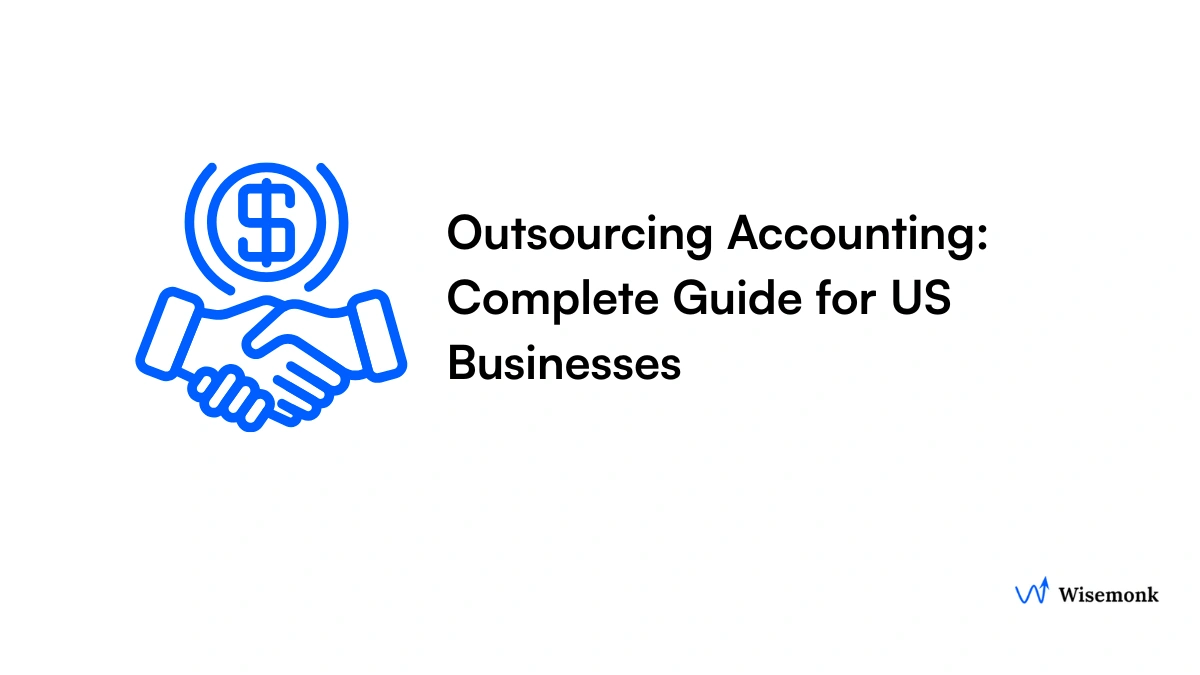
%20(3).webp)
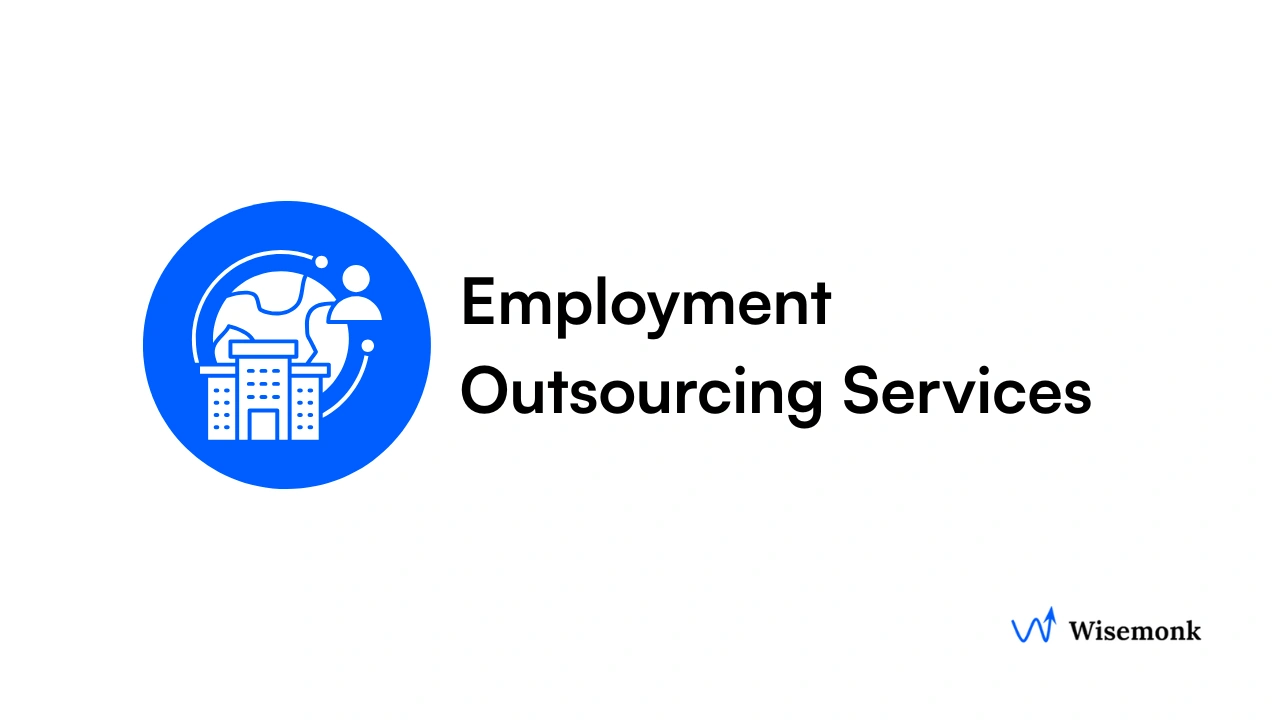
.webp)


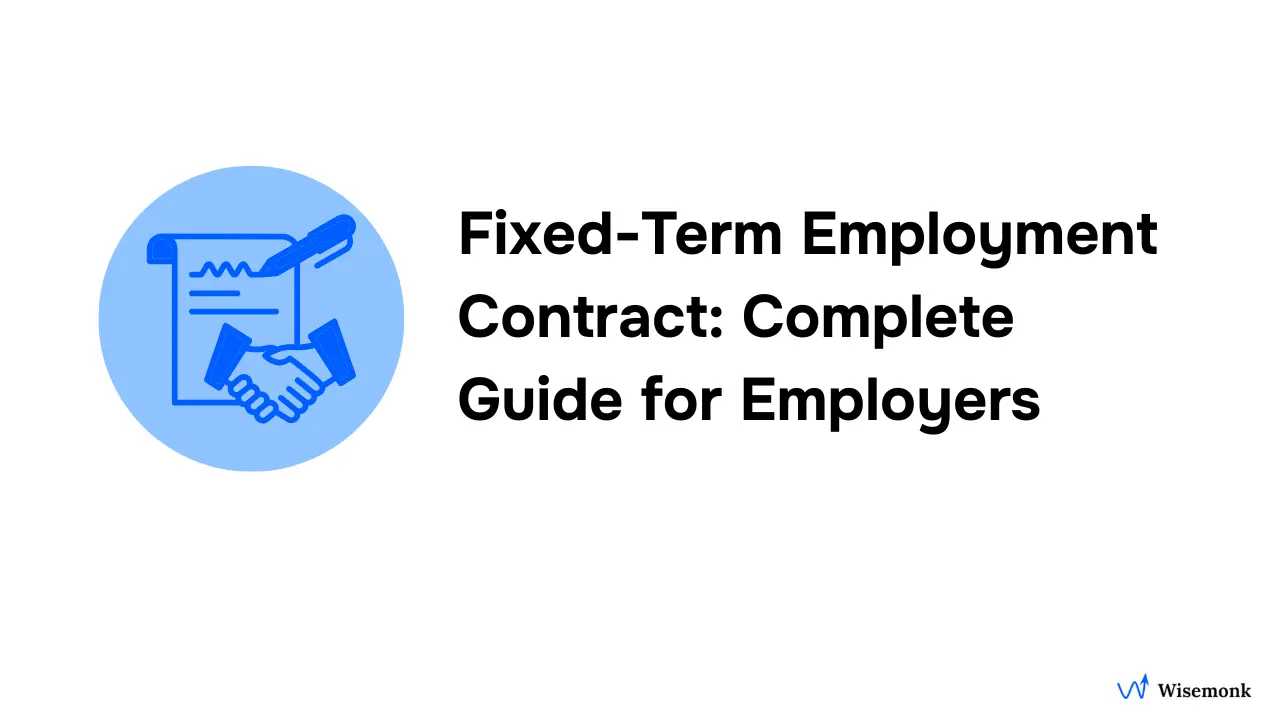
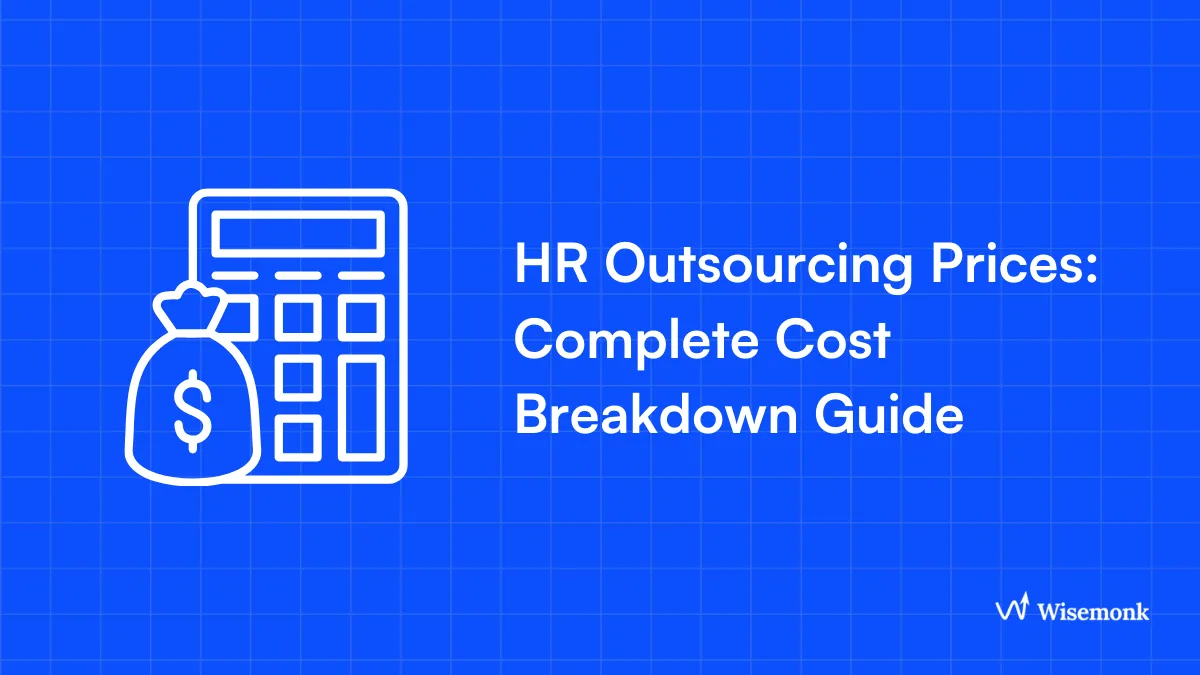
.webp)
.webp)
.webp)

.webp)

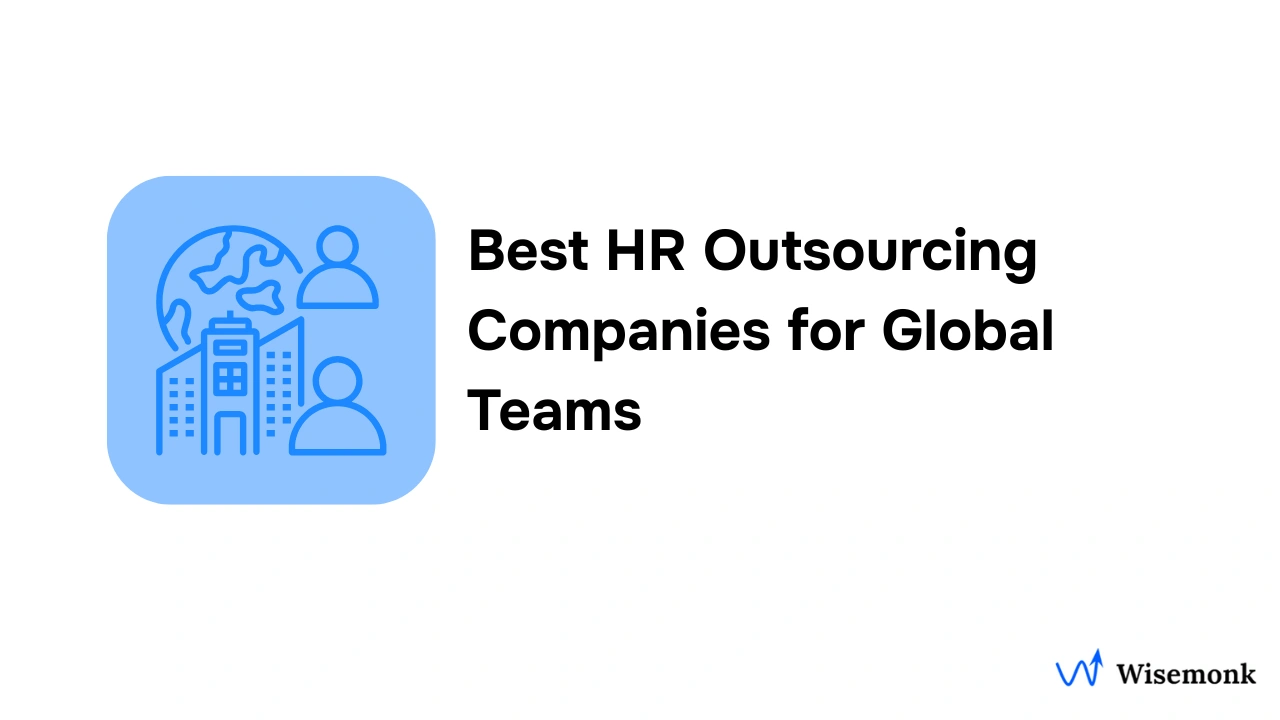
.webp)


.webp)

.webp)
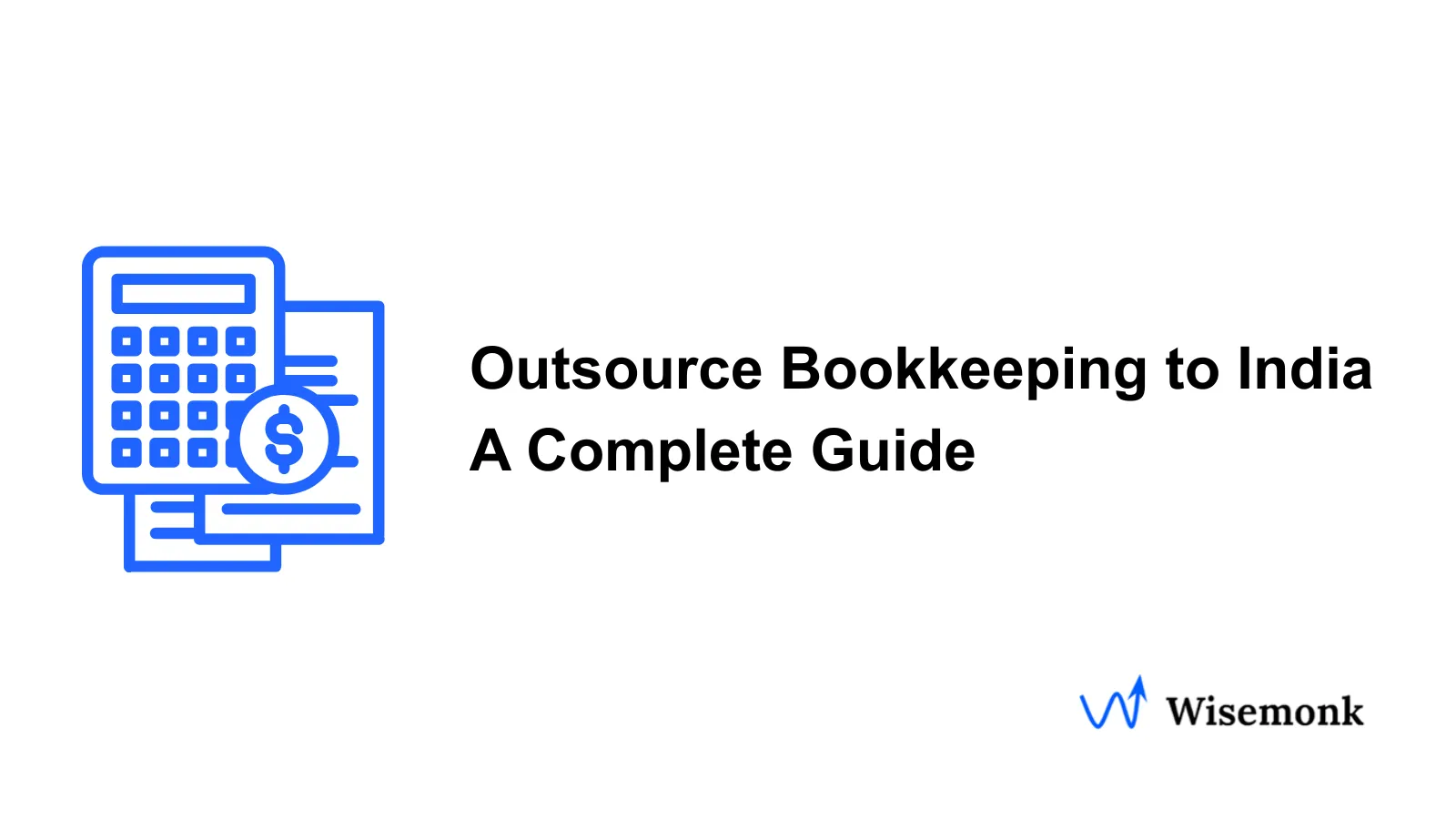
.webp)
.webp)
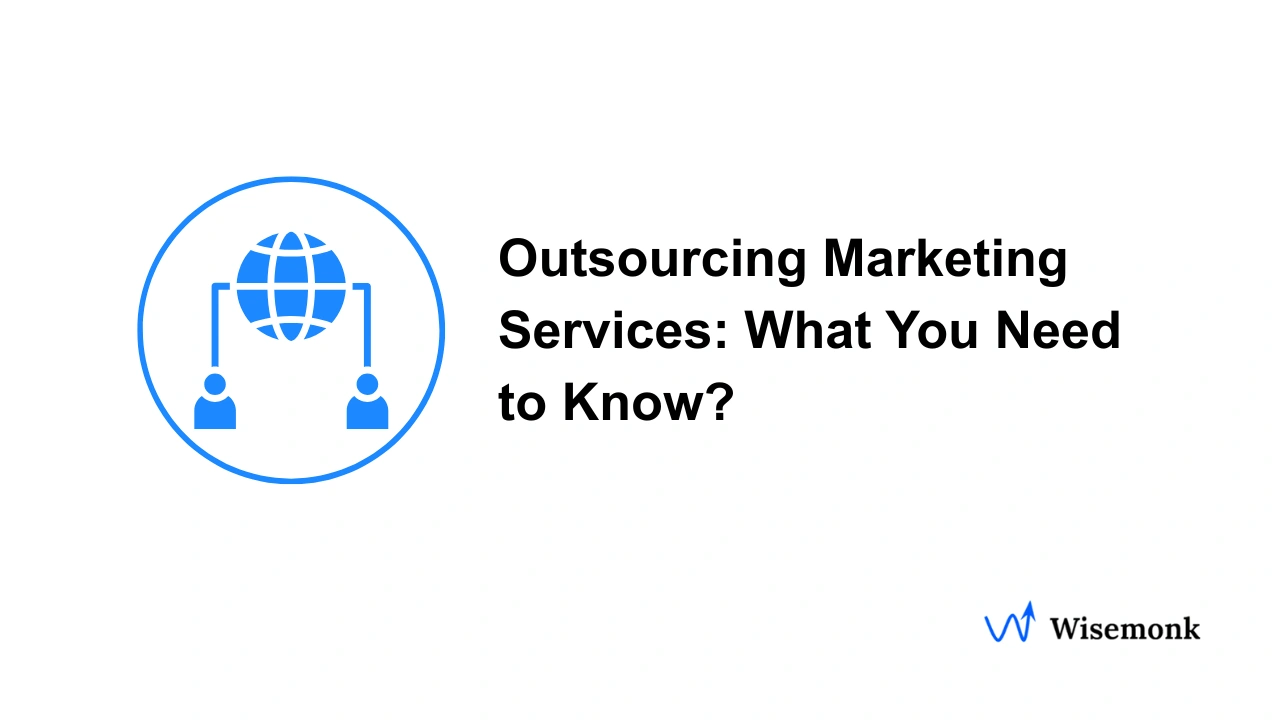
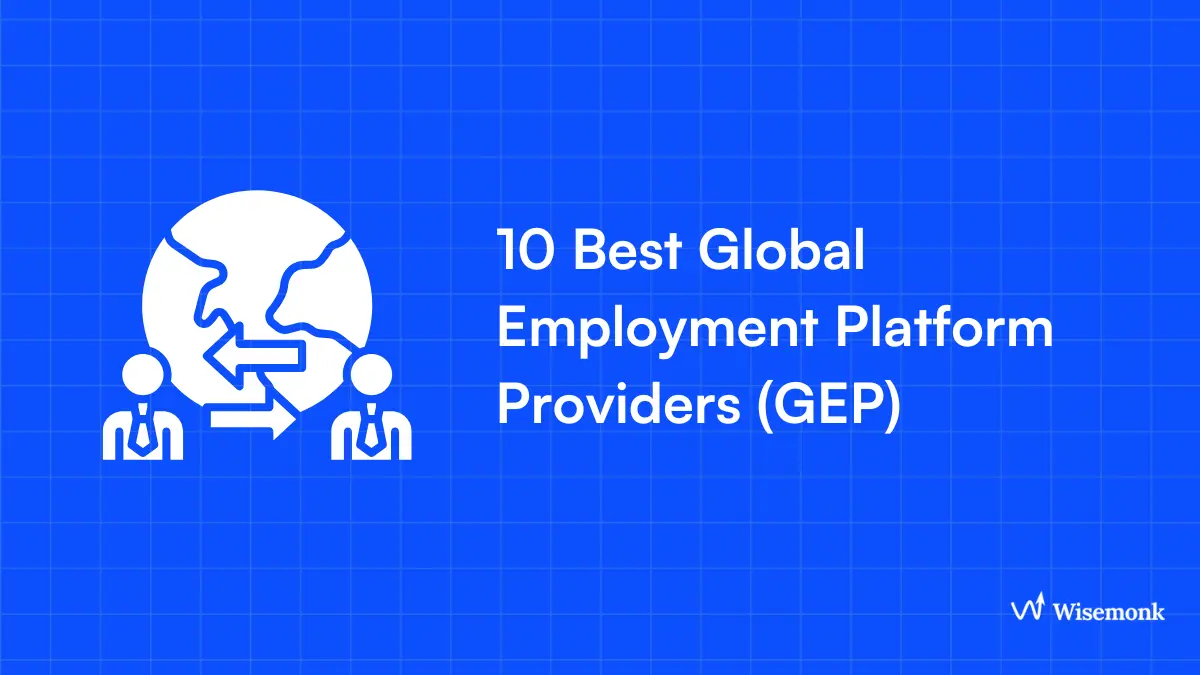
.webp)
